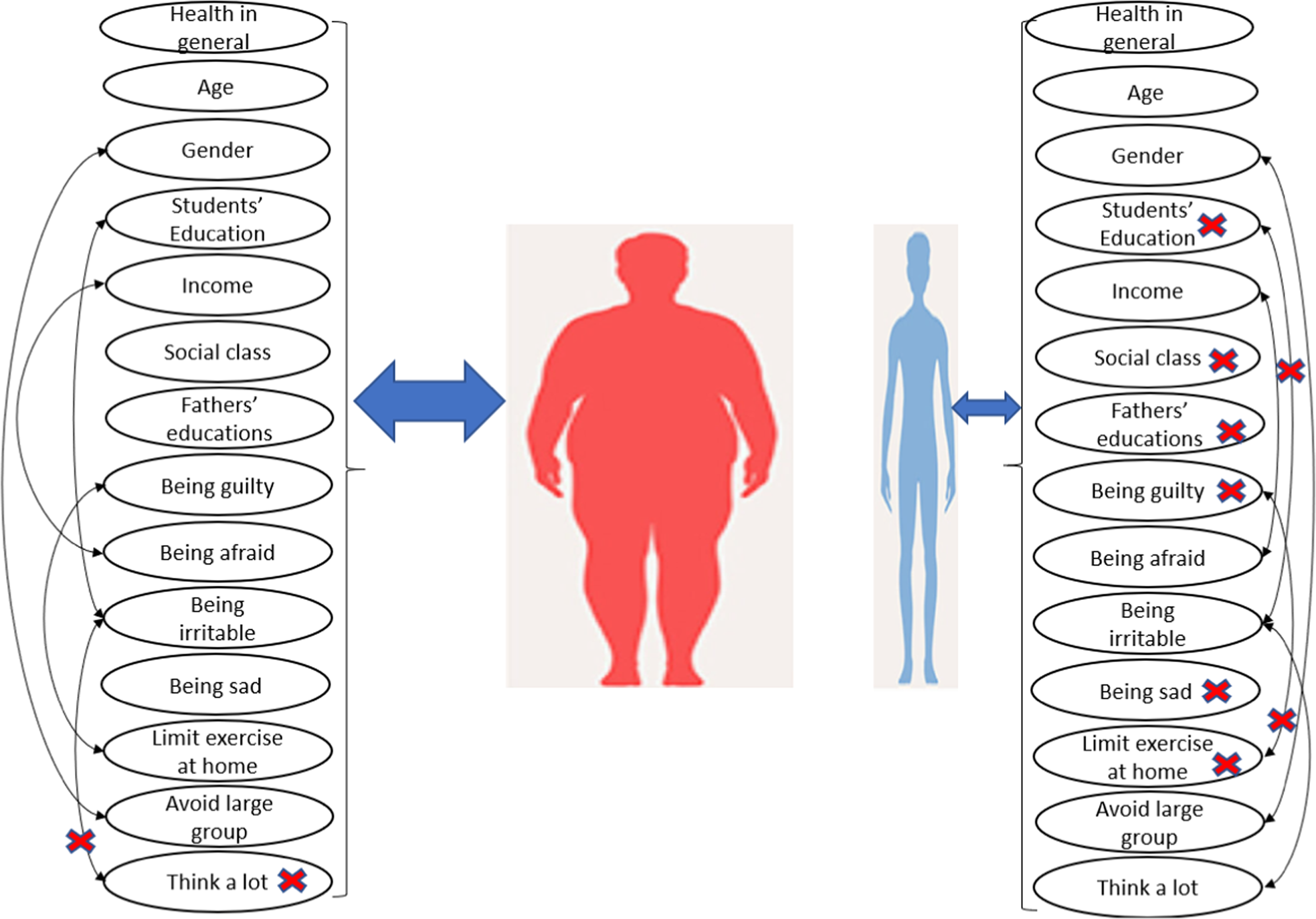
When you first learn that you have a serious illness, it can feel like the world around you stops. You’re likely scared, confused, and maybe a bit angry, too. Perhaps you’re also a bit relieved—putting a name to what’s to blame for any symptoms you’ve been experiencing can make tackling them seem more possible. Whatever the case, one fact remains certain: it’s nearly impossible to receive a serious diagnosis without a storm of feelings.
Any range of emotions can occur when you’re diagnosed, and there’s no right or wrong way to handle them. It’s often helpful, though, to consider a more finite method of confronting the news. Of course, you can feel whatever it is you feel. However, you can provide yourself with some relief and direction by working through the more cogent, tangible factors of this new life path you need to continue down, from understanding whole life insurance and death benefits or contemplating alternative ways to contend with your symptoms.
Create A Plan For Moving Forward.
Have you ever felt overwhelmed by all the tasks on your mental to-do list but combat that feeling of overload by writing them down and planning your day, week, or month ahead? The same concept could apply to you here for defeating the inundation of emotions that strike after your diagnosis.
For instance, you might be wondering how you can protect your loved ones should the worst happen. You must have the best life insurance for your unique needs. Some life insurers will deny coverage based on applicants’ pre-existing conditions—and even a brand-new diagnosis qualifies as pre-existing. Having critical illness and life insurance coverage in advance, of course, would have been ideal. But the next best thing is to find an acceptable insurer and ensure that you‘re covered moving forward. Then, with your insurance policy taken care of, you can turn to other aspects of these permanent life changes.
Explore Alternative Coping Mechanisms.

Your insurance company won’t direct you towards ways to manage your new medical condition. However, you’ll find that these strategies are just as important as the more technical items on your to-do list. With both your illness-related symptoms and the mental and emotional side effects of the diagnosis, finding ways to cope with your severe or terminal illness is crucial to moving forward and maintaining hope.
For many people, cannabis is a particularly effective alternative method for dealing with these changes. Unfamiliar patients can turn to a resource like americanmarijuana.org to learn more about cannabis and what options are best for them. For example, some might prefer edibles, while others would rather smoke. You can even talk to your doctor about a medical marijuana prescription, incorporating it as a part of your formal treatment.
Learn More About Your Diagnosis.

Between seeking term life insurance and contemplating the benefits of marijuana, it’s essential to understand your newly diagnosed illness. As a result, you’ll better understand your disease and treatment, sometimes even educating your doctor in the process. After all, even the experts can’t understand a condition as well as someone who’s living with it.
You’ll also find a resource that isn’t in internet articles or books—your fellow patients. Through in-person or online groups, you can connect with others who have the same diagnosis. You and the others can exchange stories of your experience, share tips you’ve uncovered along the way, and build a sense that you’re a little less alone.
Immediately after your diagnosis, you likely won’t be thinking about your life insurance policy or premium, much less the rest of the planning and research you’ll need moving forward. But, as you grow more familiar with your illness, you can learn to better cope with your condition, one step at a time.


:max_bytes(150000):strip_icc()/hypersexuality-f7219c0faf93488b82402d4f9d20e454.jpg)


